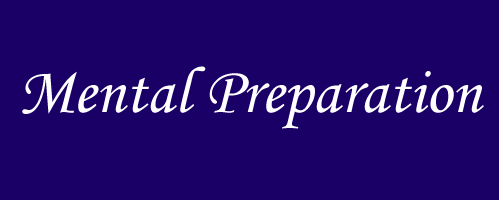Athletes often share with me that they find themselves getting mentally ahead of their games, which cause not only additional stress, but also become a source of mental distraction. Whether athletes are losing or winning, it is very normal to be carried away with positive or negative thoughts.
During the past two weeks, two major sport events took place: Wimbledon and The Open Championship that was played at Royal Birkdale Golf Club.
On both occasions, the favorite male athletes, Roger Federer and Jordan Spieth, shared insights as to how they mentally approached their respective challenges.
When Federer was asked what helped him maintain his composure after winning the first two sets, he explained that he needed to remain focus on the third set, no matter what his opponent was doing. He shared that the possibility of raining, which would have led to closing the roof of center court and the tennis player receiving coaching, could turn the entire match upside down. He needed to continue playing at his best to give himself the best chance to close the match in three sets.
Likewise, when Jordan Spieth was interviewed after leading the third round, he empathized that his goal was to play the fourth round being totally focused on the shot he needed to make rather than being distracted by negative or winning championship thoughts. Those thoughts will only distract me from the goal I want to achieve.
Both players, Federer and Spieth, were faced with distracting thoughts about potential future outcomes. However, they not only became aware of these potential distractions, but also implemented a mental map to help them remain focused to the present moment.
Mental preparation, as much as mental reaction, is equally important to incorporate to your practice as it will give help you be better ready to overcome distractions and achieve your best.



